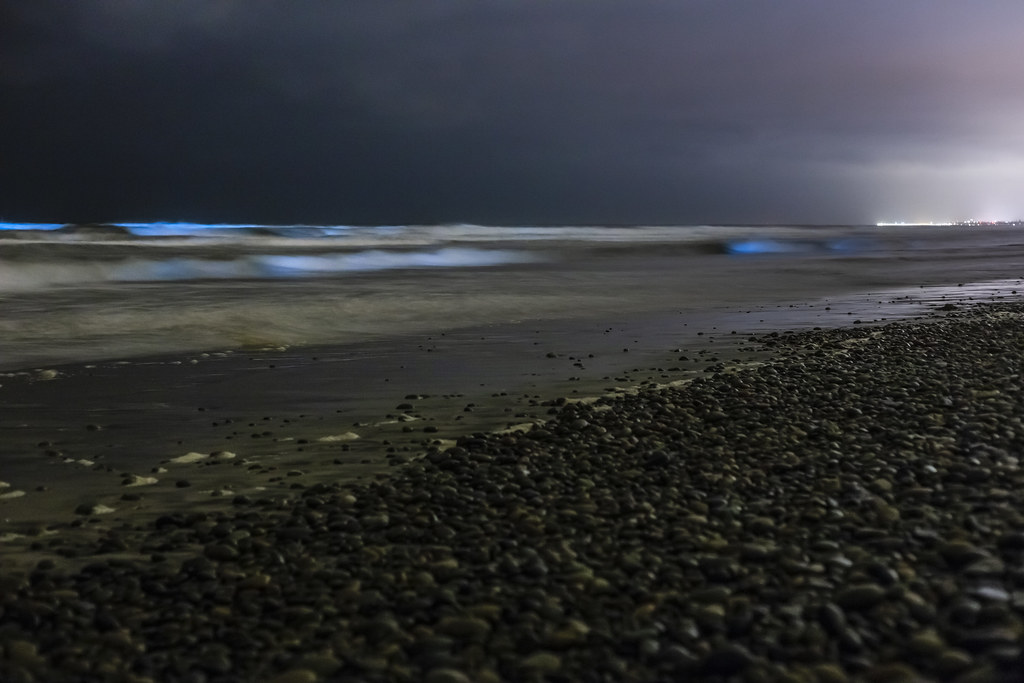OPINION: Red tide outbreaks stop when water pollution does

Over the last few years, Florida’s southwest coast has been experiencing the worst red tide outbreaks in recent history. This has become a huge problem for state authorities, affecting wildlife, tourism, fisheries and residents near the shorelines.
The blooms are caused by high concentrations of a plant-like organism known as Karenia brevis. It’s fed by phosphorus-contaminated water from fertilizers that end up in the Tampa Bay area, according to Inside Climate News.
In attempts to combat this ongoing environmental issue, the Florida Harmful Algal Bloom Task Force, appointed by Gov. Ron DeSantis, released a report Jan. 10 recommending more research into the causes of red tide and investing in mitigation technologies.
Rather than investing in more research, the task force should identify the policies that are already in place but are not being properly enforced.
“If the state regulators instead just stopped pollution at the source by holding polluters accountable, Florida would have a much better chance at turning the corner on its water quality crisis,” Jaclyn Lopez, Florida director at the Center of Biological Diversity, said in a Jan. 19 interview with Inside Climate News.
The untreated sewage discharge, nutrient runoffs and toxic wastewater from phosphorus mining that leak into open waters act as a booster for red tide, which thrives in nutrient rich conditions, according to Lopez.
For example, in April 2021, the Piney Phosphate mine began leaking over 215 million gallons of toxic wastewater from containment ponds into a Manatee County tributary that flowed into the southern end of Tampa Bay. Two months later, there was a massive red tide outbreak in the Bay.
Lopez says that in terms of regulating pollution, there are certain entities that continue to exceed their permit regulations and some that don’t have permits at all.
In regard to regulation, task force member Barbara Kirkpatrick said in an interview with WUSF Public Media that the voluntary group appointed by the governor advises and does not regulate.
At the height of the red tide season on July 17, several hundred people marched along St. Petersburg’s downtown waterfront calling on the state to put more effort into dealing with the outbreak, according to a Tampa Bay Times article.
Thomas Paterek, chairman of the group that organized the march, said the state is not holding companies accountable for long-term cleaning, according to a WUSF Public Media article.
Instead of spending millions of dollars in research, the state should invest time into regulating the polluters.
We cannot treat environmental problems superficially and must address the root of the issue.







